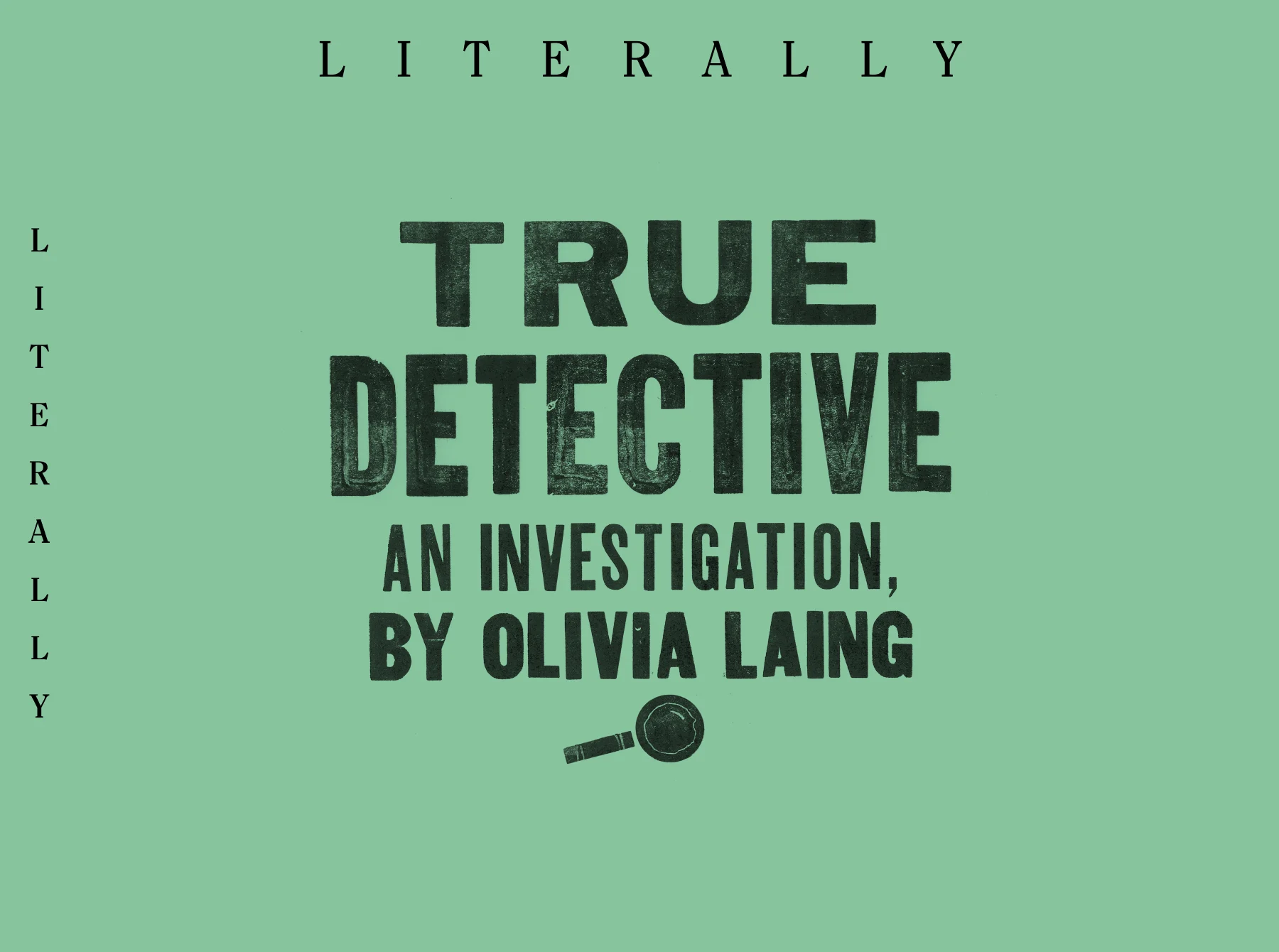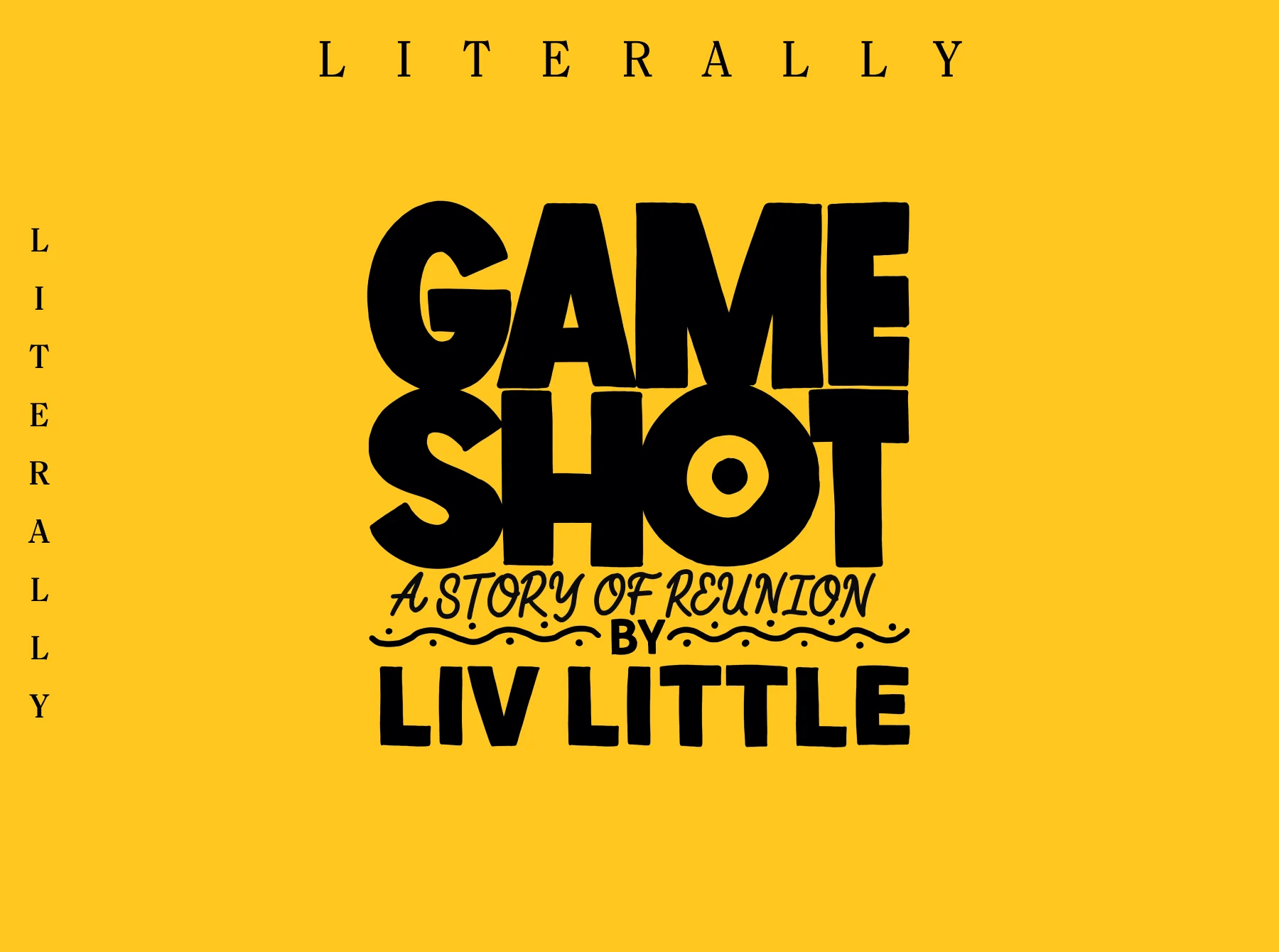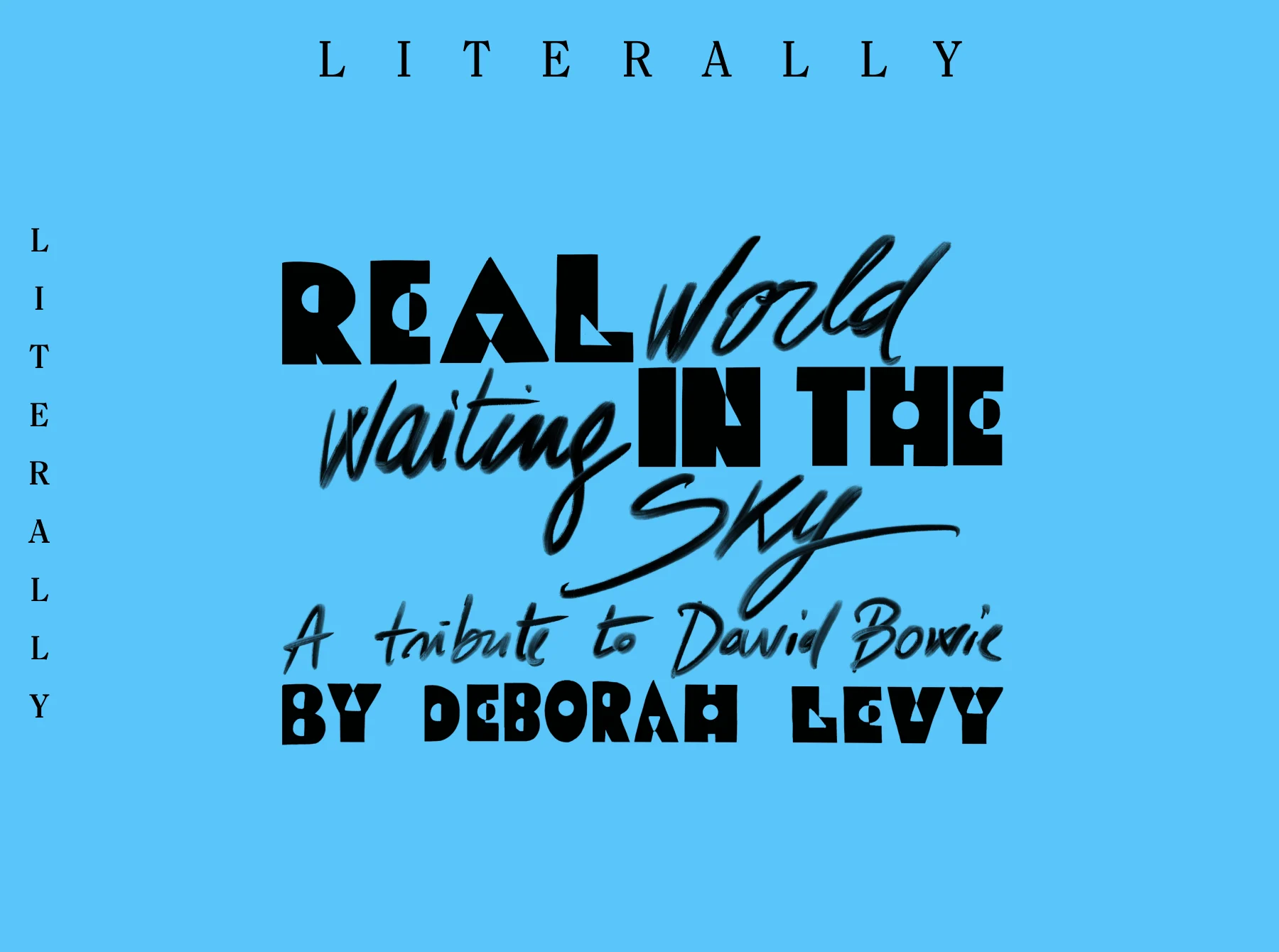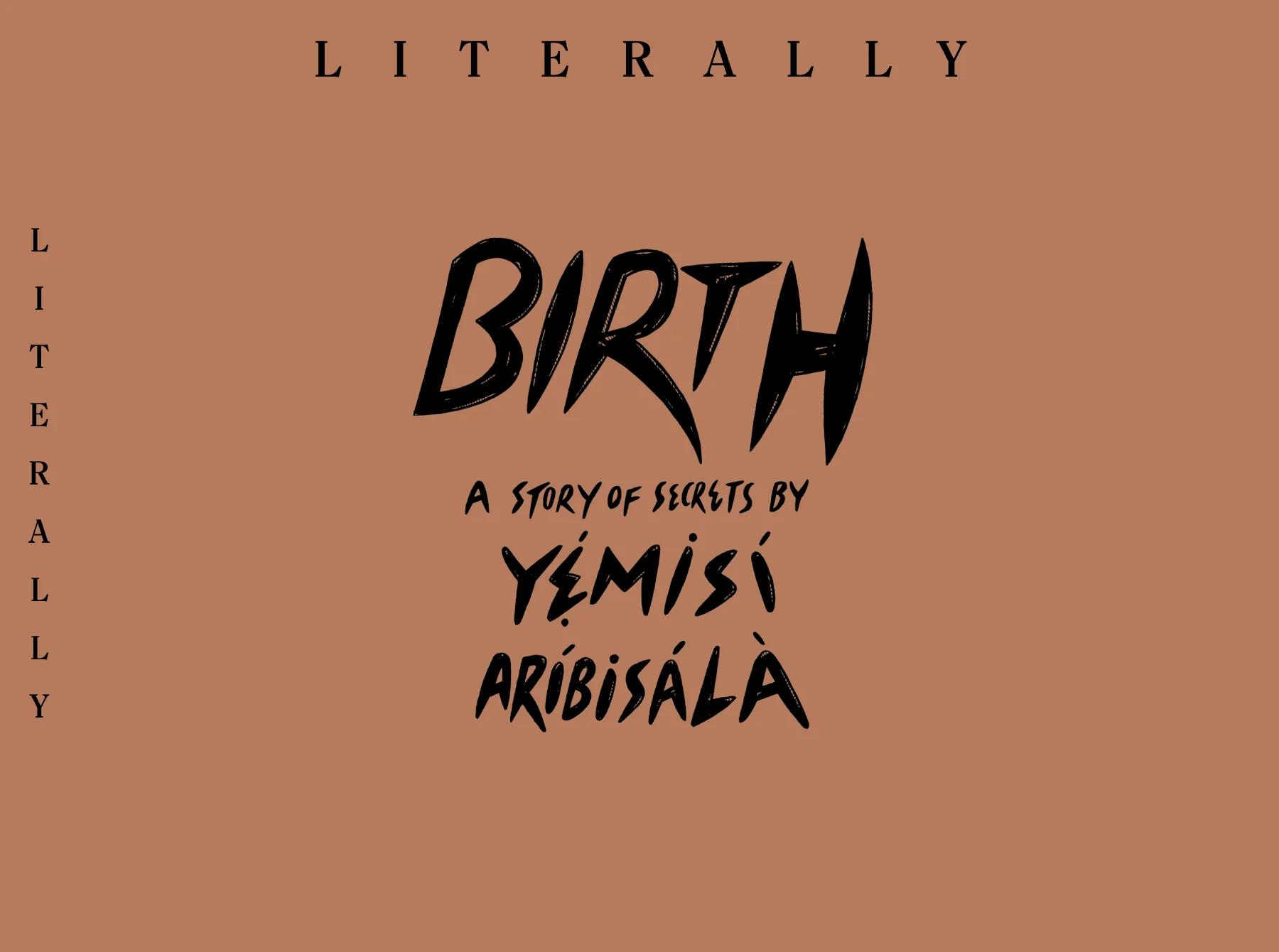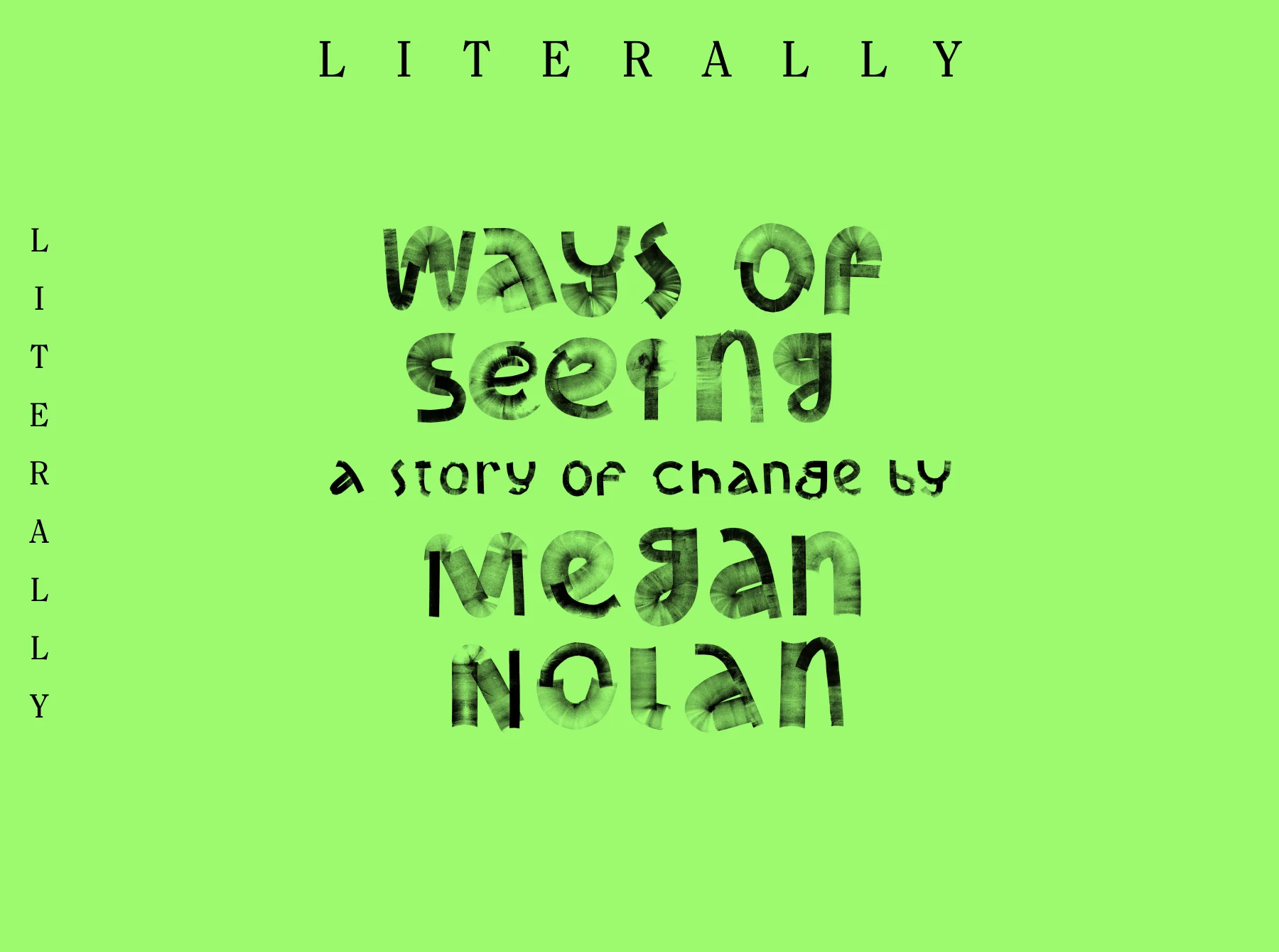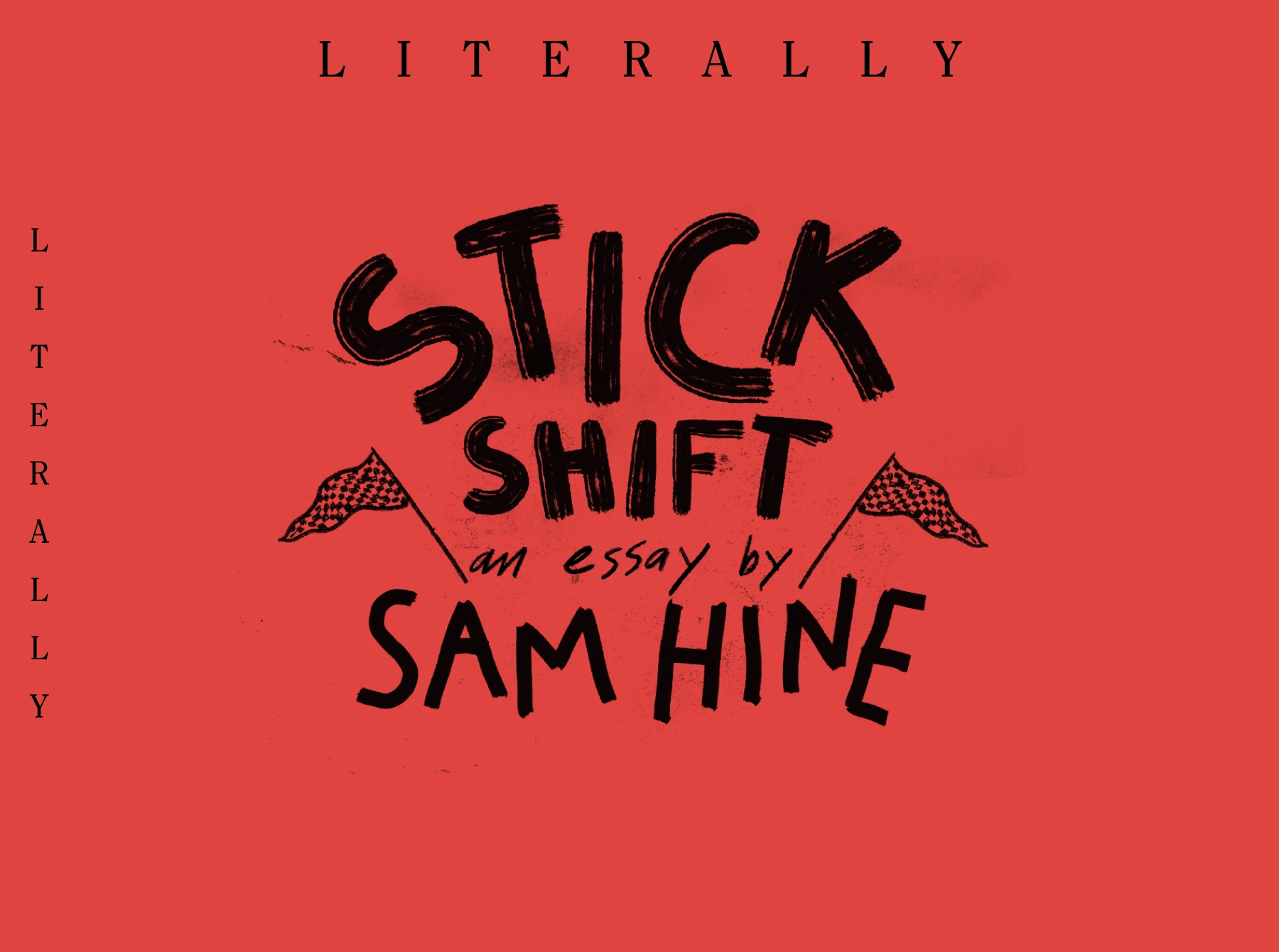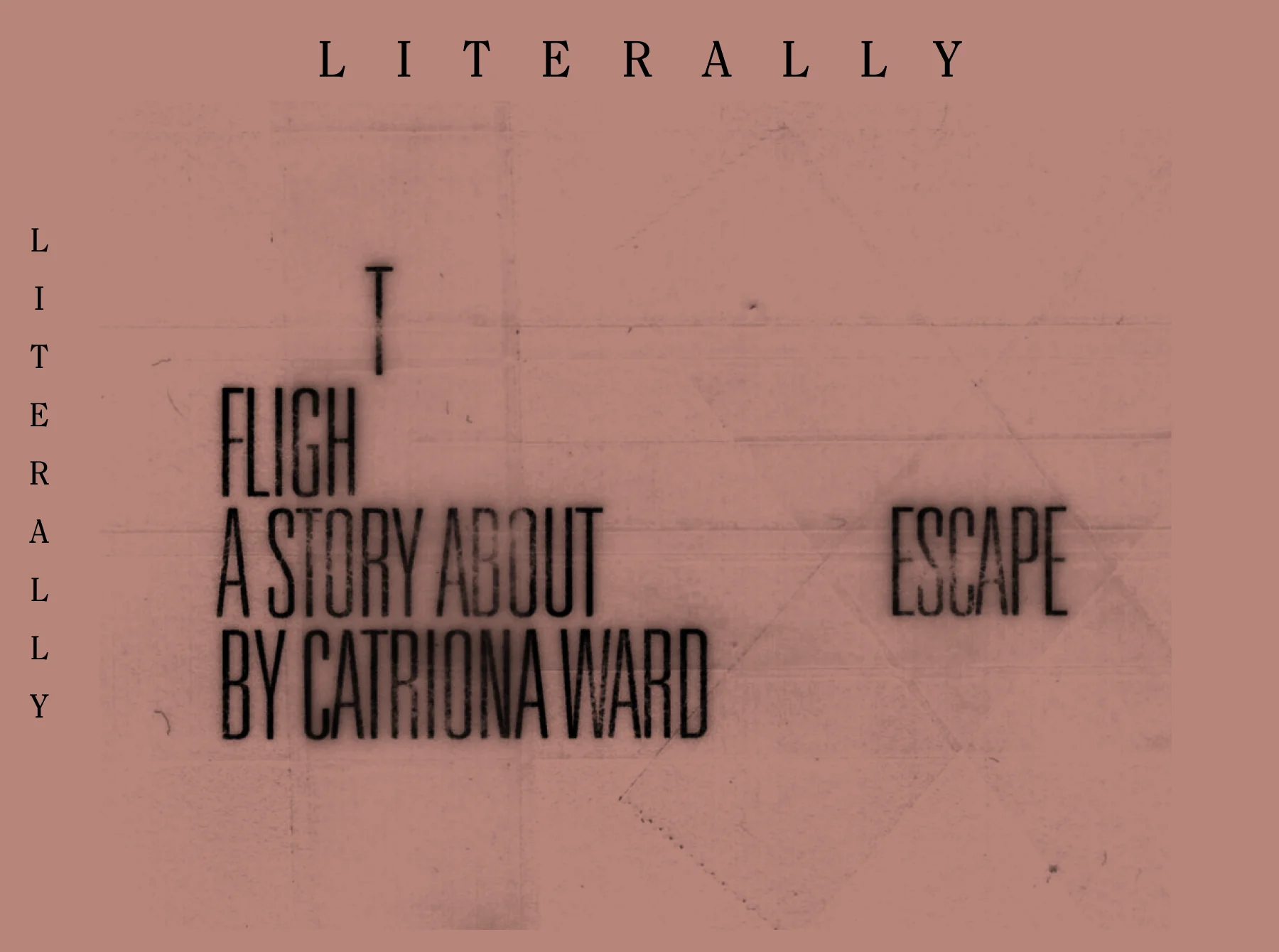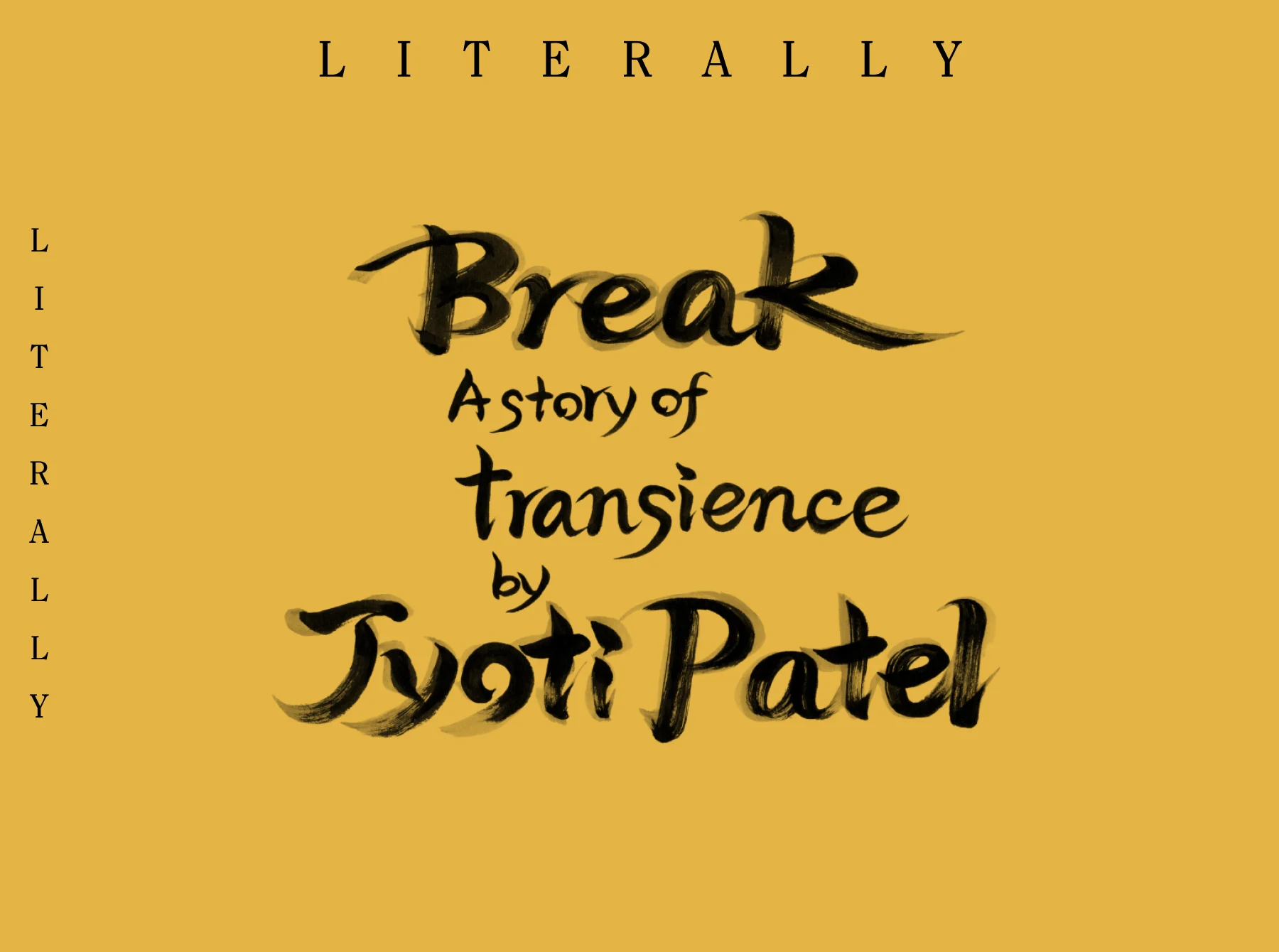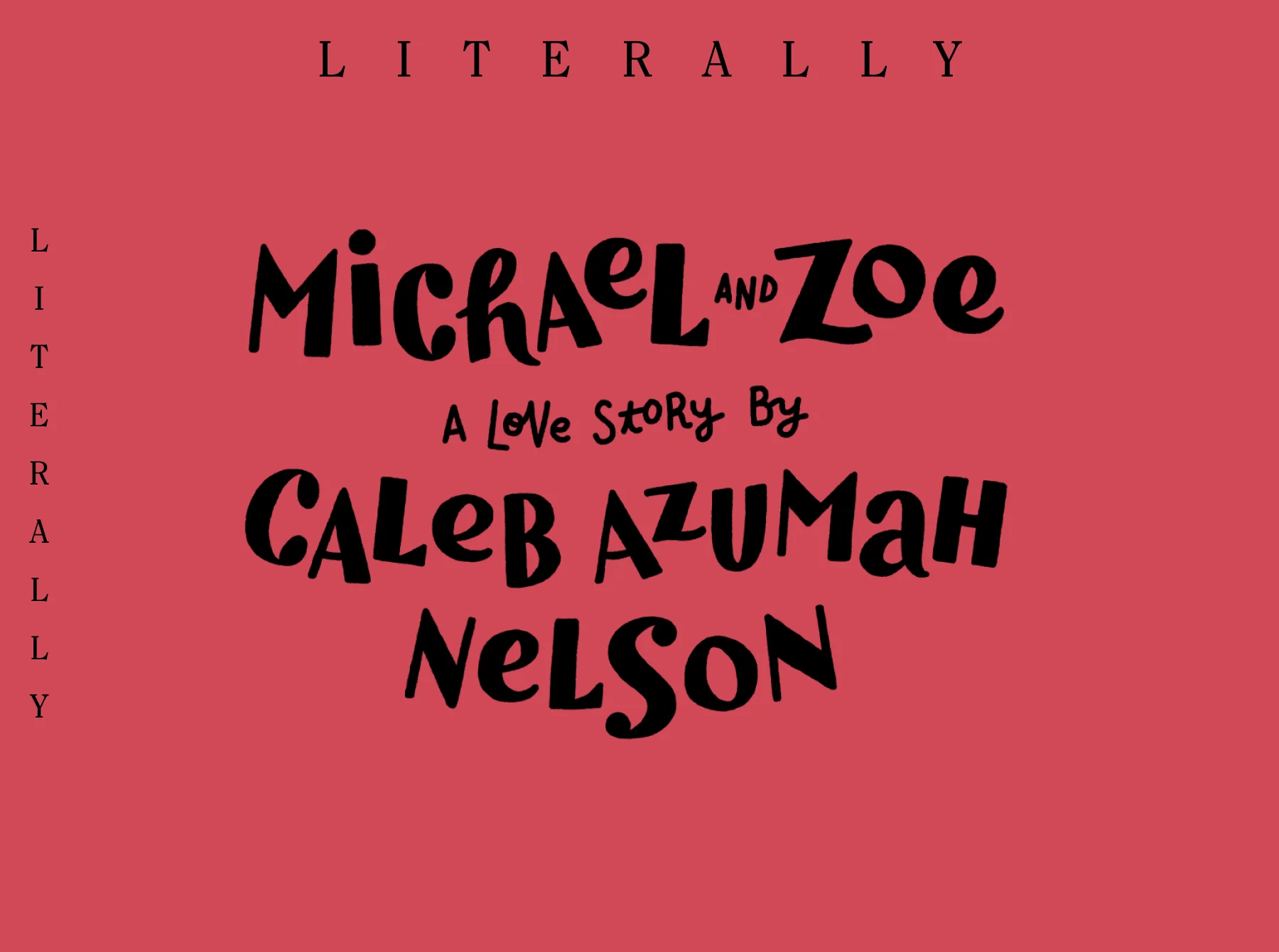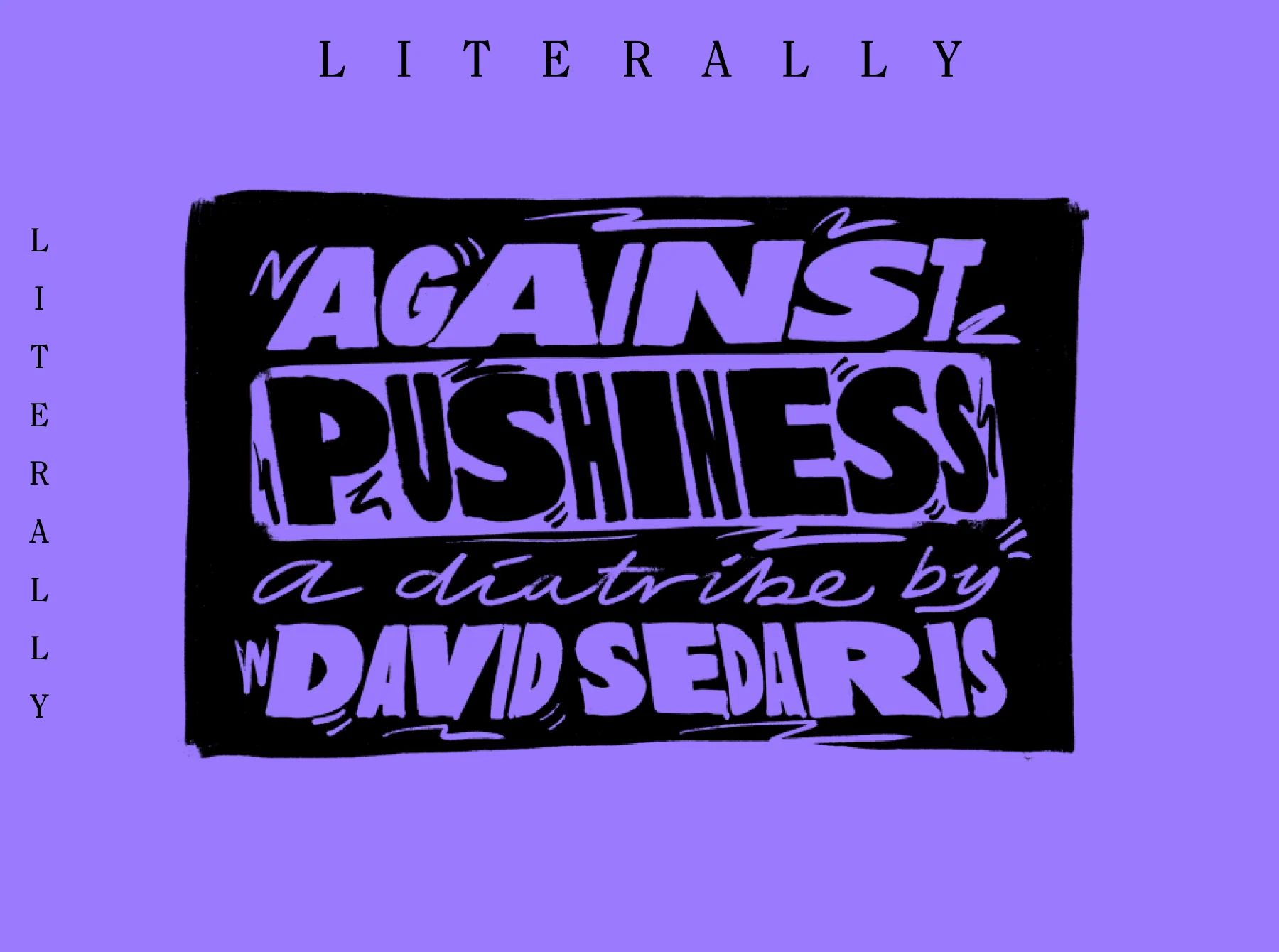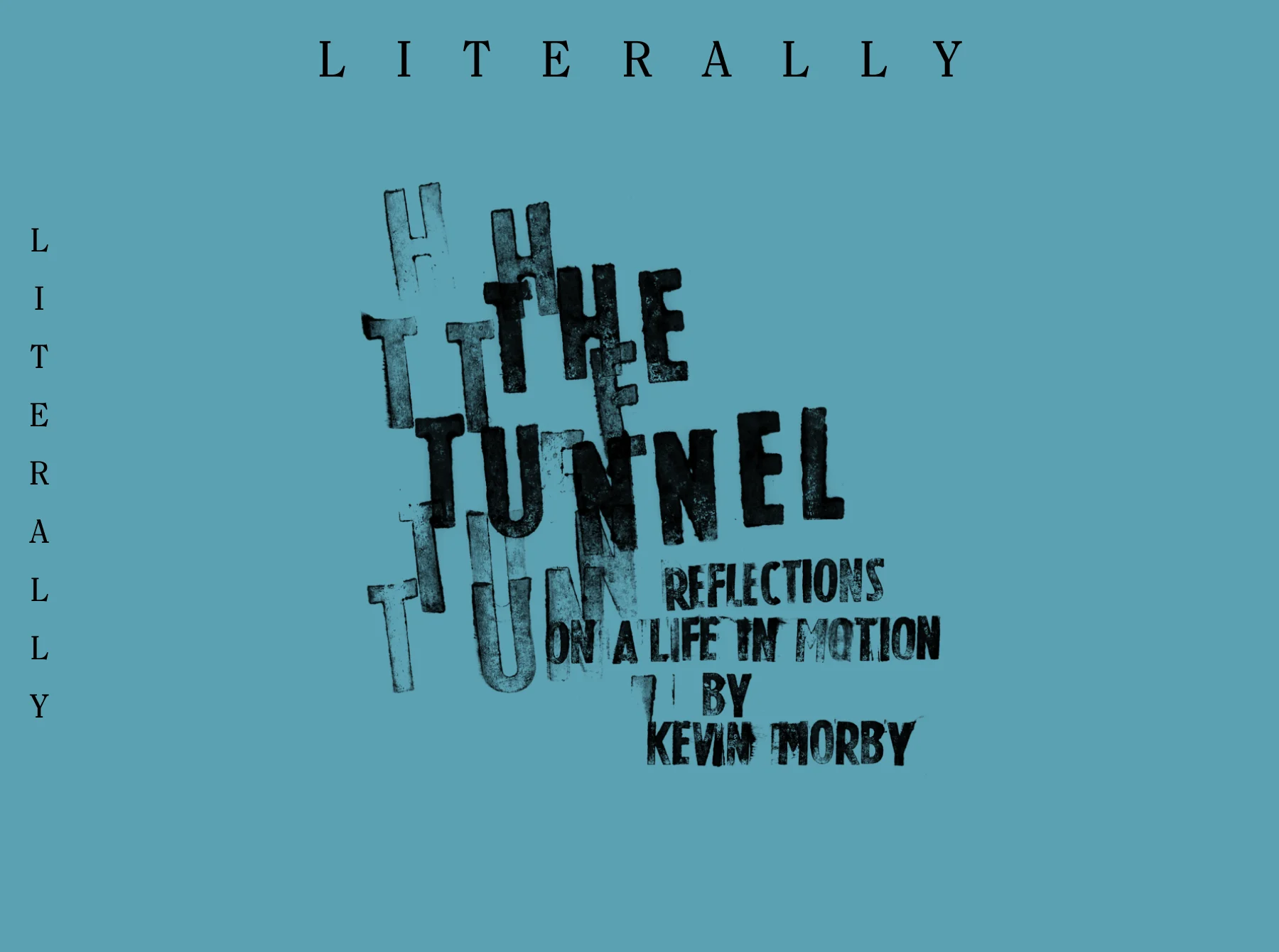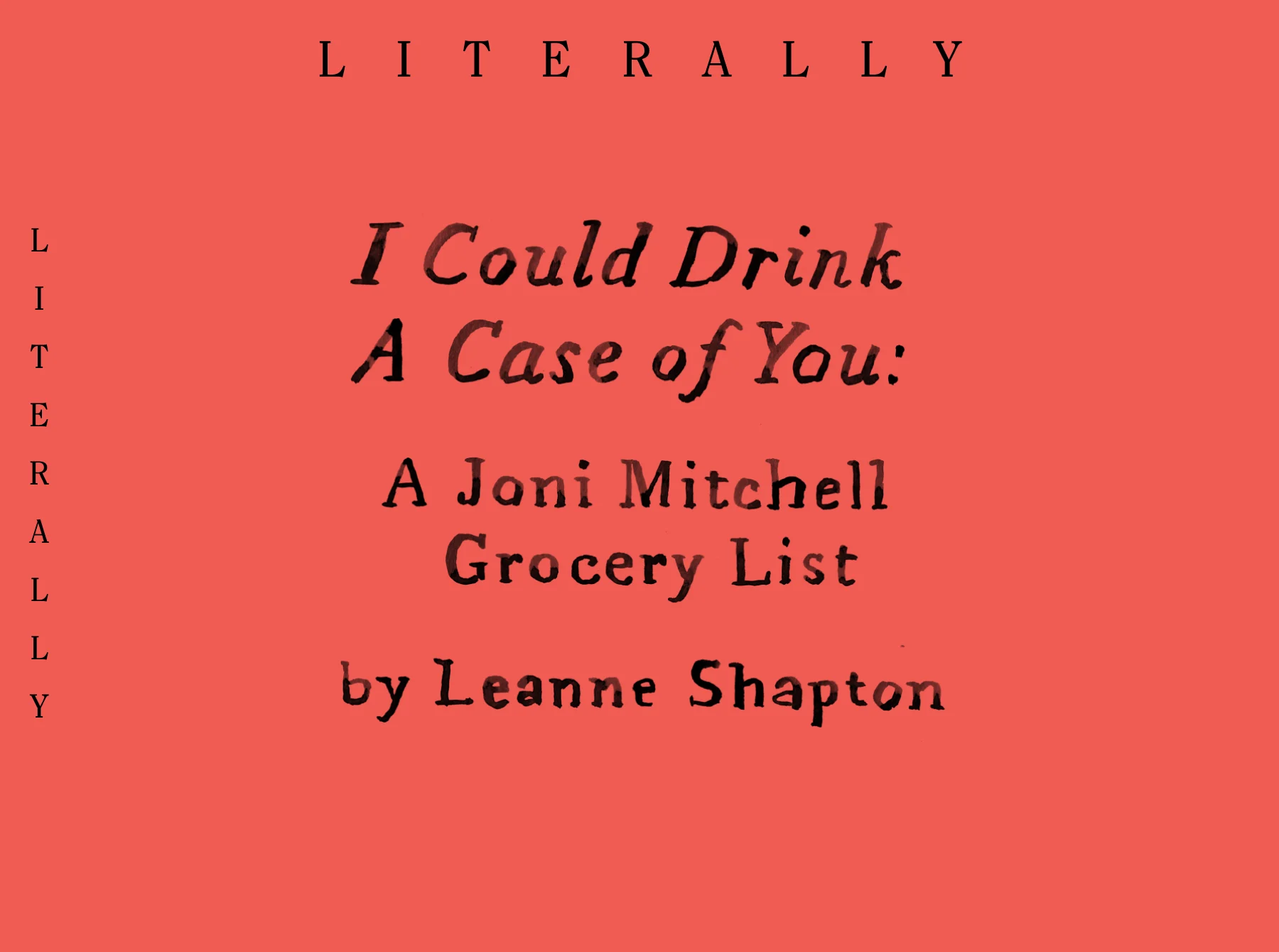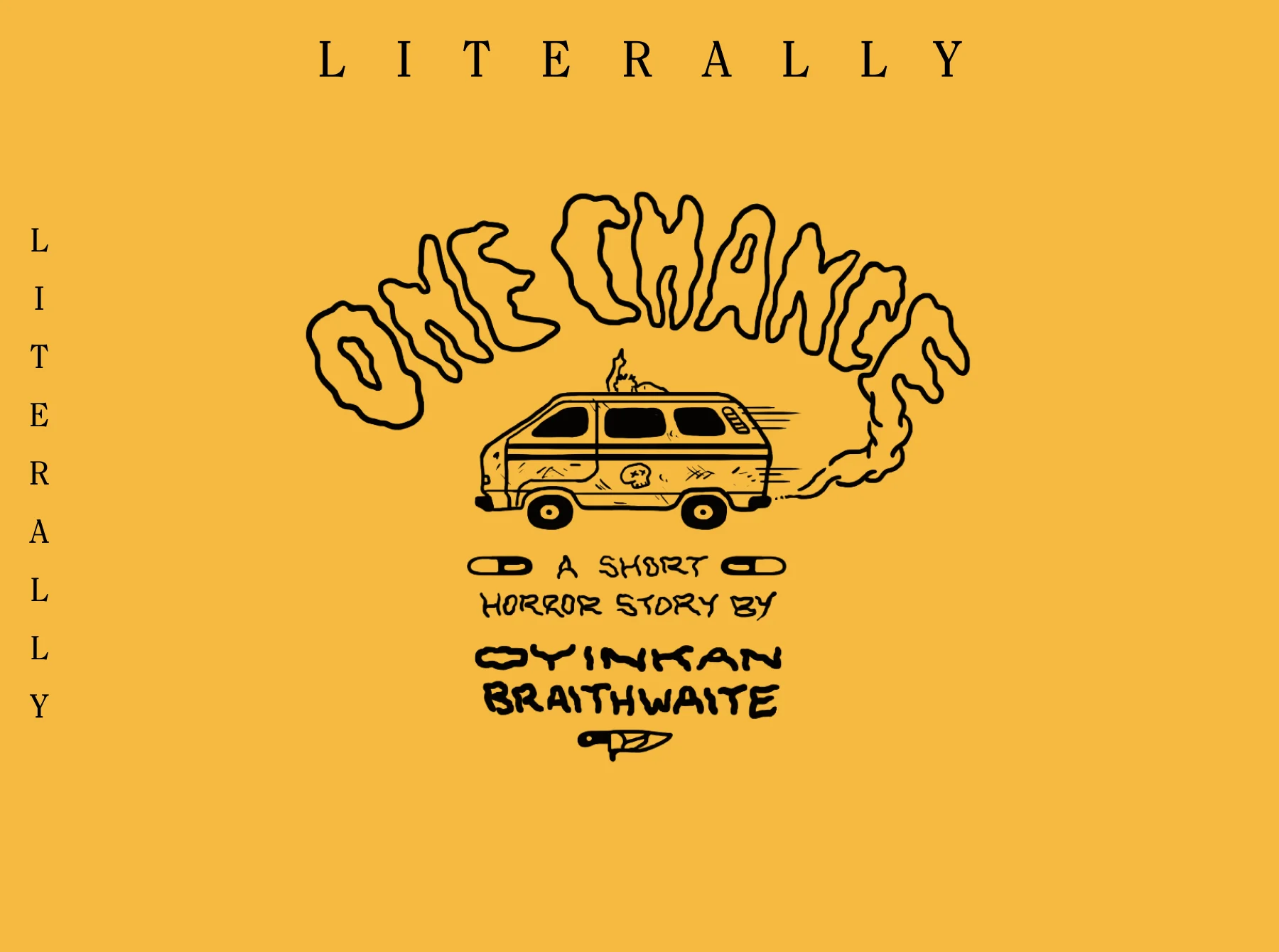

1
In this photograph of the man I fell in love with nine days ago, he is standing outside the Mission San Juan Bautista, looking like he’s made a mistake. The mission is white like dirty bones. There are cactuses and yellow roses and pink roses and white roses and red ones. The yellow roses are the color of Sunday. Some of the lobes of the cactus are sunburned but most have rubbery blossoms. He’s standing next to a tall, skinny wooden cross. He’s looking behind himself, at the stucco church. He seems cowed by the nobility of it all. We’re in California but it feels like a holy mantle of Mexico. The sky is blue and the trees are old and penitent.

Peter, the man from the photograph, decided we would not travel on the bus with the rest of the wedding party to the reception dinner in Carmel. We have our own car, a sky-blue cabriolet. He’s acted strangely since we landed this morning. How could I understand that he was acting strange, having only known him nine days? Well, this started out as a marvelous kind of love story.
A man and a woman from his art school days are the ones who’ve just been married. It was a small wedding, yet Peter didn’t know many of the guests. He hadn’t spoken much to the groom or the bride in several years. Still, he was the best man because the groom had found Jesus in the foothills of the San Bernardino mountains, which scared off his old surfer friends. During the ceremony I sat in one of the pews at the back and spoke to no one.
Earlier that morning we had coffee at a spot of his across the highway from the water.
The place sold steaks for $7.99 and advertised this fact on the window. Inside there were pink banquettes and cloudy bottles of Tabasco, fake flowers in vases and pictures of old actors and lounge acts on the wall.
Did Alan Anka eat at every single diner in California? I asked.
Peter smiled and looked around and played with a packet of Sweet’N Low. Because of the nature of the romance, I never imagined it might be over. I’d know him down to his soul from the moment our eyes locked. This means what he would eventually tell me later that night was more awful than if he had said the love was over, that his feelings had disappeared as quickly as they had shown up. In a sense the latter would have been easier, because it would have meant one or both of us were crazy. Or shallow. The types of people made from wheat thins, who fall in love with anorexic moments in time, with foreign accents and bank statements and actors they have never met.
Instead, I would learn that I was very much in love with someone who could be that much in love with me in return and still do something so cruel, so unthinking, something that did not make sense within the boundaries of our whirlwind romance.
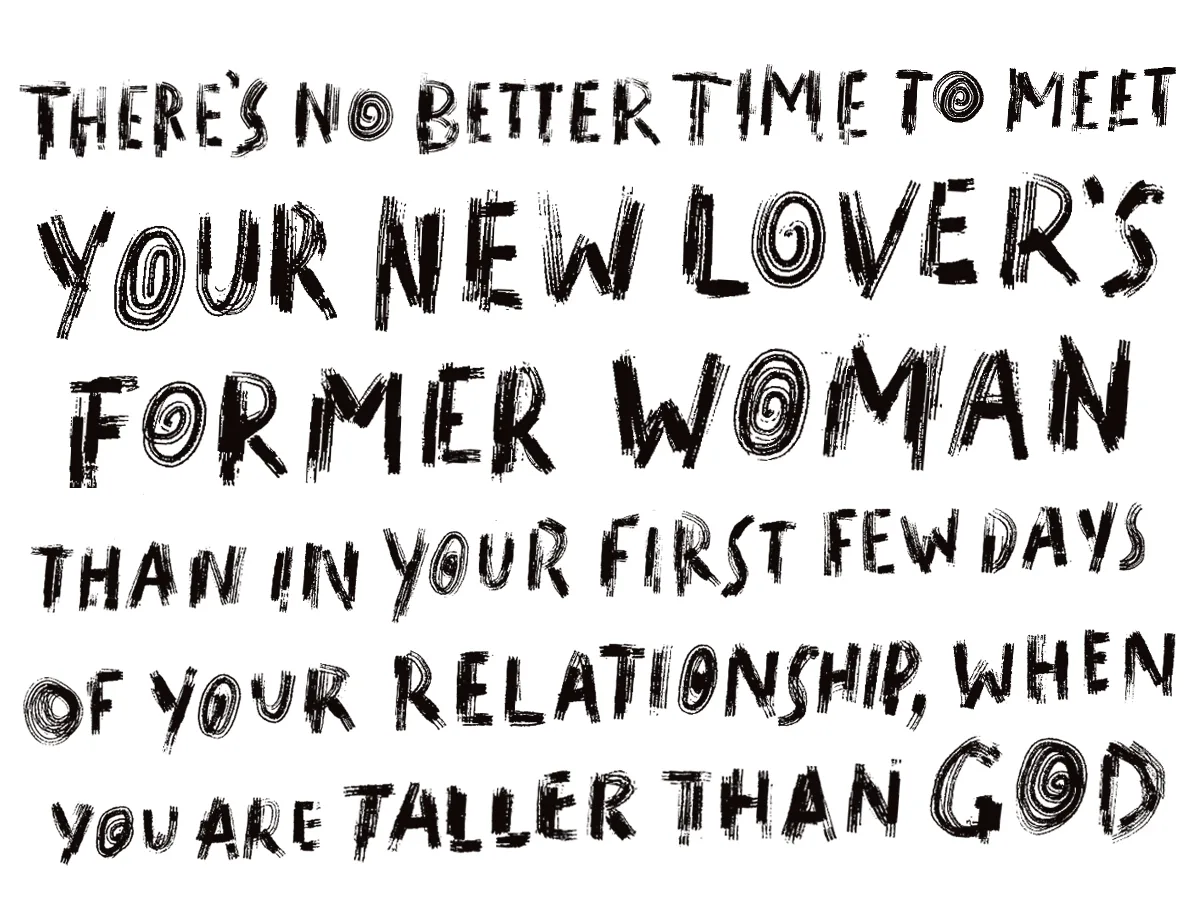
2
He’d relaxed after we got to the ceremony, but the tension started up again as everyone filed out. I waited for him at the rear of the church. I concentrated on the spider webs across the wood beams and a bright Virgin Mary painting above my head. She wore an ornate robe decorated with loud red roses. As the women in the wedding party came down the aisle, I paid attention to them in a liberated new way. My usual restless jealousy was replaced by a sweetness I didn’t recognize in myself.
It wasn’t until nearly everyone had boarded the bus that he came and whisked me off, saying he wanted a picture beside a certain tree. I of course noticed something was off.
You were wonderful up there, I told him. He’d read Frank O’Hara’s Having a Coke With You, looking in my eyes all the while.
He smiled, and didn’t say anything. This hurt me. We were both the kind to reply to every sentence, every email, at all costs; even if we had nothing to say back to the person, we would write and say, I have received your note. In the world, I see you. You are not invisible. We were weak like that, to our humanity.
He took me by a grove of olive trees. He held me under my skirt and became as hard as his stomach.
This is where Hitchcock filmed Vertigo, he said after. Right here is where Kim Novak dies.
My mother loved Hitchcock.
He was a terrible man. To women, he added.
All men are terrible men to women, I said.
He smirked and slapped me across the face. It was harder than I expected. I caught my cheek with the cool of my hand.
There is a story that haunts me. Each time I read the last few lines, a shiver scurries across my shoulder blades and down my spine like a terrified mouse. It happens every single time I read the lines, but I can’t cheat. I can’t read only the first and last lines of the final page. And I can’t read it twice in the same hour. It only works if I respect the process.
This is one of the only things I haven’t told him. Mostly because there hasn’t been a moment for it. I’ve told him nearly everything. He knows, for example, that I pull my pants and underwear down on my way to public restrooms. I start the process before I get to a private stall, even if it isn’t an emergency.
Is something wrong, I finally asked in the car on the way to the reception. We’d just passed the misty hilly farms and vineyards of Salinas. I’d seen men in red and white and gray hooded sweatshirts pulling weeds from fields of butter lettuce by hand; thoughtlessly, I imbued the moment with romanticism.
There’s a woman here, he said.
What kind of a woman?
A woman who thought I was going to marry her.
As of when?
I was never going to marry her.
Does she have a ring?
Yes.
I nodded. I was wearing a floral peasant dress with an ankle-length sweater. I had meant to look dizzy and romantic.
She’s going to the dinner tonight. She’d told me she wasn’t coming.
She lives in Los Angeles?
He shook his head.
Boston? I said.
He nodded.
She flew out alone?
Yes, I guess so. It’s crazy.
How old is she?
She’s younger, he said. The way he said it I could tell it was nearly a decade. She had probably just graduated from college. Her parents might still pay for her cellphone plan.
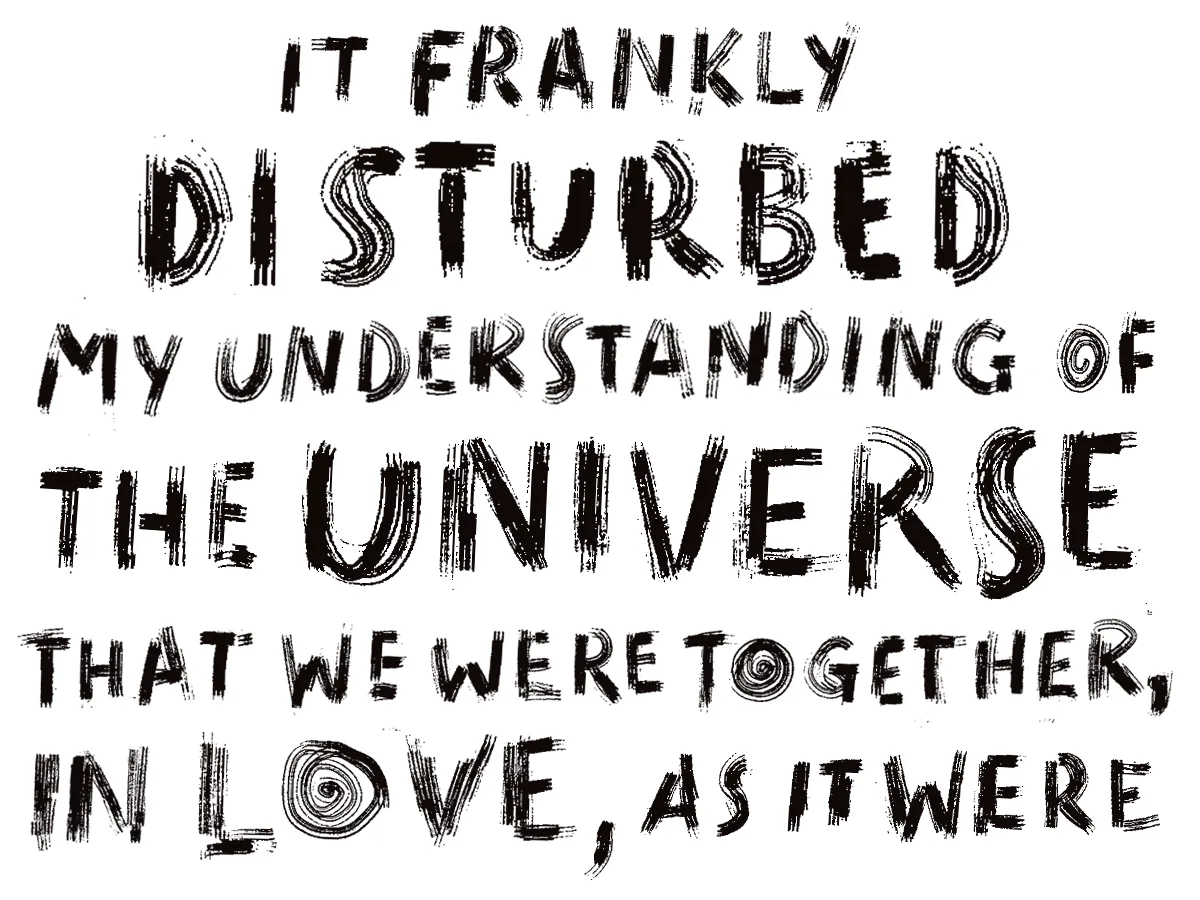
I wanted to know everything. I wanted to know what she did and who she was. Mostly, I wanted to know if she was beautiful. There is no way to ask this question. There is no acceptable answer. If she were a beast, then she would be brilliant. She would be an artist who made him want to kneel. Still, I could have worked with this. It was beauty that would saw me off at the thighs. I asked how long they were engaged.
I broke off the engagement a week before I met you, he said. But she hasn’t told people and, out of respect, I haven’t gone around saying much.
But you brought me here?
I love you, he said. He’d said this over a dozen times in nine days. The first time was the day we met.
You haven’t introduced me to anyone.
I was planning to, at dinner.
After having some drinks, I said, viciously. I felt, suddenly, that he might be a coward, but this didn’t dissolve my passion. There was something that turned me on about his cowardliness. It was unruly and alluring.
OK, I said. I was very jealous. The man I loved had given another woman a ring and she still wore it. But I also felt strong. There is no better time to meet your new lover’s former woman than in the first few days of your relationship, when you are taller than God. I wasn’t concerned with how he might feel, about me and her being in the same room. I loved him but I didn’t pity him, and I would need to pity him in order to care about him selflessly. I had only ever loved my parents that way.
Are you going to introduce us? I asked. I was somewhat joking. But I noticed that his hands on his knees were shaking. What is it? I said. There’s something more.
His eyes, I want to say, are the most sensual eyes. I thought I would never deserve eyes like that to look upon me, to choose me, for longer than one night. Not even a whole night but five or six rubbing hours. It frankly disturbed my understanding of the universe that we were in the car together, in love, as it were.
Yes, he said, there is something more.
I don’t know how to reproduce the next words that came out of his mouth. I know them well, the image of them is glued to the insides of my eyelids and the sound of them vibrates in the tender parts of my ears. But they were too precise, too particular, to keep on my tongue. It was cruel, I think, for him to say it that way. It was as though he were trying to flagellate himself with his own words, without a thought to how they would affect me.
He slept with the ex-fiancée the night we met, right after making love with me. She was waiting in his apartment for him when he got back. Partly, he concluded, she took advantage of me.
In my life I have said all manners of things to men. I’ve pretended to have a body that didn’t bleed or cry. But the real lies I saved for women. I realized then that it must be the same for men.
The love we made the first night was visceral and otherworldly at once. I could use all the gossamer adjectives to describe it. No words can do it justice. He ate my feet. We were lions and lambs and instruments not of God but of Africa, pale horses in Piers Anthony books, heated by the sky and cooled by the blue water. We were necks and bones, becoming broth.
That he left Africa to return to Back Bay. It was unthinkable. It was worse than unthinkable. I wanted to kill him.
In the first calm moments before the storm he tried to explain to me how this didn’t matter to us. How it had nothing to do with us. He used the very idea of our transcendent evening against itself. He said that it was like being in two different worlds. That what happened in one had nothing to do with what went on in the other. Almost, it made sense. There are truths in lies. Nothing is ever all lie or all truth. That is the meanest problem with love.
But I wasn’t big enough for this. For me, it was only about her. Something told me she would not be one of those recently graduated girls with college-thick arms, who walked heavily across floors and had underwear lying in the corners of their shared bathrooms. Something told me she would be formidable.
Like a rock climber, I assessed my position. Outside the window the venerable mountains rose in the humid night. In this state roses grow wild where nobody might ever find them. That sort of reckless beauty frightened me to my core. I was a stranger in California, and a nomad in the land of love. I hadn’t learned key things. I didn’t have teachers or mentors because I had eschewed everything outside of looking for love. In fact, the very reason I was a stranger to love is because I had only been looking for it. I was like a boat lapping the surf of an island. Toothless and afraid, it can never catch its gums on the sand. I couldn’t believe my sudden presence here and neither could the universe. Both of us wanted me gone. That’s one way I can explain what was about to happen.

3
While I was still driving, I started beating him about the head with my right hand. I used the bottom of my fist against his skull, the way a judge would use a gavel to call a courtroom to order.
Then I stopped the car right there, on the right lane of the Pacific Coast Highway. I made a move as though I were going to open the door and run, but I would never have done such a thing. I was too afraid to leave him, especially in a moment like this. I didn’t know him at all, I realized, and I was suddenly afraid he would go alone to the dinner and see his old girl and drink too much and fuck her again. He would try to find me in the morning. He would still be in love with me. I would have to take him back, but I would hate him forever. As it stood now, I reasoned I would only hate him for half of our life.
He came around to the driver’s side door. Cars whipped past him, honking. It occurred to me this could be my last image of his face on the other side of the driver’s side window before his body was creamed from my sight by steel and ghostly headlights.
He opened the door and begged with urgency that I move over into the passenger side. I did and he climbed in and swung the car to the shoulder, to safety. He pressed a button to lock all the doors.
I screamed, then. I said it was over, that he was a monster, that it was all a lie. I had screamed in the past at men and no man had ever screamed back. But Peter screamed back. He said many awful things to me. Most of what he said didn’t make any sense. They were just crazy things that only hurt me for a moment. It was as though he had Tourette’s. There were deep problems, I could now see. Issues of abandonment. Of course I hadn’t known any of this. It had only been nine days.
I told him he was terrible, that he was nothing like my beloved father, to whom I had compared Peter on the day we met.
Then he said something that, while not completely unforgivable, was vile enough that I couldn’t sit there and absorb it. He would never respect me if I did.
He said, Your father was a scumbag.
My father had died violently, in a car accident. He knew this. When I told him, when I cried over it on the first day we met, it was the moment that caused him to say, I love you.
Now I forced all the hate I had into my eyes. I turned my body to square his. A car is a ridiculous place to have a fight. It makes you feel small of spirit. I spat in his face. I had never done that before and it thrilled me to see a crystal of myself, a mad drop of my hatred, on the peach skin between his nose and lip.
He laughed at me. He said I was a stupid child. He said I had never been in love before and that was why I was acting like this.
The only thing worse than being told you are not beautiful is being told you are not experienced enough in sex or love; if you are over 30 it means you are pale and heatless. Let’s face it, it mostly means you are not beautiful.
At the same time he was admitting he had been in love before, which for me was a ruinous thing. If he had been in love before, and it had ended, then this could end, too. Perhaps it was ending now. He was a sociopath. He was an ogre. Love was a country he visited and stayed for long stretches without calling home or bathing. When he was done, he flew back and ate frozen dinners and relaxed on a couch.
Fuck you, I said. Neither of us had said it yet. To say that to someone to whom you had very recently proclaimed your perfect love, think of it. Even after the fight cools and heals, there will be a scar and under the scar there will be a tender valley, and ex-girlfriends will see it. On moonless nights in supermarket parking lots they will press on it with glossy nails.
Now I had irrevocably changed the course. I had locked myself into my next move. If I didn’t leave, I would look like a pathetic fool. I lunged across his waist and hit the unlock button. Then I flew against the passenger side door and opened it and began to run, until soon enough I felt his large arms capture me from behind. They didn’t embrace me in love. He was grabbing me and opening the back door and shoving the length of me into the backseat, like I was rolled up in a carpet. He got into the driver’s side and I decided to do something clever. I shimmied to the passenger side of the back door. I opened it and dove to the asphalt. He was going to get a few miles down the road and realize I was missing. I would be a ghost.
And he did take off, and I felt the wind against my legs as I was still crawling to the shoulder. But it turned out that my long sweater had caught onto something and the door swung shut on the knit material with the force of the car speeding away.
The realization was more funny than horrifying. After all, this was the kind of thing that people call a freak accident. Brandon Lee being shot to death by a prop gun on set. The young boy killed as his own golf club pierced his heart.
I had a moment to enjoy the inanity of the situation before the slack of my long sweater reached its limit and the car began to drag me. Drag is not correct. I was not against the road the whole time but somewhat sailing, the way skis on water touch down and then come up, a heartbeat of an undulation. In essence, I was skimming the road. Right away I instinctively held my neck and head up. I tried to shine my heart toward the moon, as in yoga. So that what mainly touched the ground were the bottom of my breasts, the whole of my abdomen and pelvis, and the top parts of my thighs. I had achieved sublime lordosis.

4
The pain was minimal at first, or perhaps it took a backseat to the hilarity of my situation. I did feel the meat being grated from me like lemon zest. I filed the sensation away in a section called Not Dead Yet.
They say your life flashes in front of your eyes, right before you die. This is not really true. First of all, nothing actually flashes. It is more like anticuchos of your heart meat being sizzled on a hot griddle, turning brown and black and transitioning before your eyes. Pieces of mortality and pieces of your own understanding of life. For example, I had not expected that I could be the one to go. People had always left me. My mother, my father. My being the one to leave might have been a nice, palatable thought when I was being left, but when you are in the air like that, suddenly your survival becomes more important than any earthly heartbreak.
As much as you think about the past, you also think about the future. Peter and the ex-fiancée, I pictured them in haciendas and bungalows, discovering together things I’d already found on my own – the bright taste of ginger grated over a thick, winter soup.
I also thought more generally about the things I would miss. What a shame about this untimely death of mine, I thought, as I have finally figured out life! While booking an Airbnb with some girlfriends in Sedona last month, I had begun to feel stressed. We didn’t have enough money for the places we liked and I wanted to wait to find the right house that would be small and pretty and I dreamed of tile roofs and a little garden. One place with an ugly yard marked by a clothesline kept pressuring me. Finally I wrote, I don’t want to hold you up. Forget about me. Those were the words I used. Forget about me.
And the owner of the sad house, Matteo, wrote back instantly and said, No! You have the priority! I have multiple request for the Memorial Day Weekend but you stay longer and have the priority! If you like the house you think, I wait for you.
But for the most part, in those airborne moments, it was not my own life that cooked on the grill of my brain.
It was my father’s.

The good thing about being on the verge of death is you feel free to say anything you want without worrying about hurting somebody’s feelings. You’re not concerned with being crazy, with being a woman who will one day own plastic tablecloths. So I don’t mind saying that I suddenly had access to the things my father was thinking as he himself sailed through the air.
The morning of his death the sun was bright but the day was cool and grand, like the inside of a church. He washed himself in their old stall shower with the dimpled bone floor. The water was hot as he liked it. In the old days he would smoke a cigarette in the shower. He’d leave the glass door cracked and take a drag of a cigarette from an ashtray balanced between the wall and the rod of the towel rack. Sometimes the ashtray was from an albergo in San Benedetto, the Hotel Arlecchino, adorned with the golden and red visage of the harlequin. Sometimes it was the ashtray I had made him in a clay workshop at school. I’d glazed it indigo, and I’d used toothpicks to etch Bob Dylan lyrics around its uneven coast.
Downstairs my mother was making coffee in a percolator. She’d lit a cigarette and was applying makeup at a tortoiseshell mirror on the kitchen table. He didn’t mind that she still smoked. There were no ways in which my father needed to be taken care of.
She’d laid out his pills next to his mug. There was a small television in the kitchen and sometimes they watched it, but mostly they spoke in doublets separated by warm, retired gaps – the sound of the stove shushing, slippered feet moving across linoleum, a sponge stroking Formica.
My father was a doctor and my mother was a homemaker, a beautiful hair stylist and supermarket employee and all around small town beauty that he’d impregnated while he was in medical school. The American doctor, the Italian bride with a sloped stomach in a white suit dress.
That morning they kissed each other goodbye. As a child I despised the smacking sound of their lips, mainly because it was the sound of a love I couldn’t fit into.
He got in his car, an aquamarine Chevrolet Cavalier, a color and a make that embarrassed me in a town of Beamers and Mercedes and black SUVs with hundreds of cupholders, and pulled onto Route 280. He began the drive to work. I remember exactly what the weather was like that day, but suddenly now I see it through his eyes, the free yellow sun of suburban New Jersey.
And then he is changing lanes, from left to middle, at the exact moment that someone is changing from right to middle. It’s as slow-fast as how it happened for me. He never wore his seatbelt and so he goes through the window, like a rolled-up carpet, too.
He is in the air, something like flying but nothing at all like flying. Unlike me he doesn’t have oceans and mountains. He has mouse-colored New Jersey whipping across both his ears, the highways and the barriers and the new cars and the old ones.
At a certain point, it clicks with him. The realization settles. First for him, as for me, there was a steak of the past, someone throws on the grill. He thinks of his wife’s – my mother’s – family. Particularly, her father.
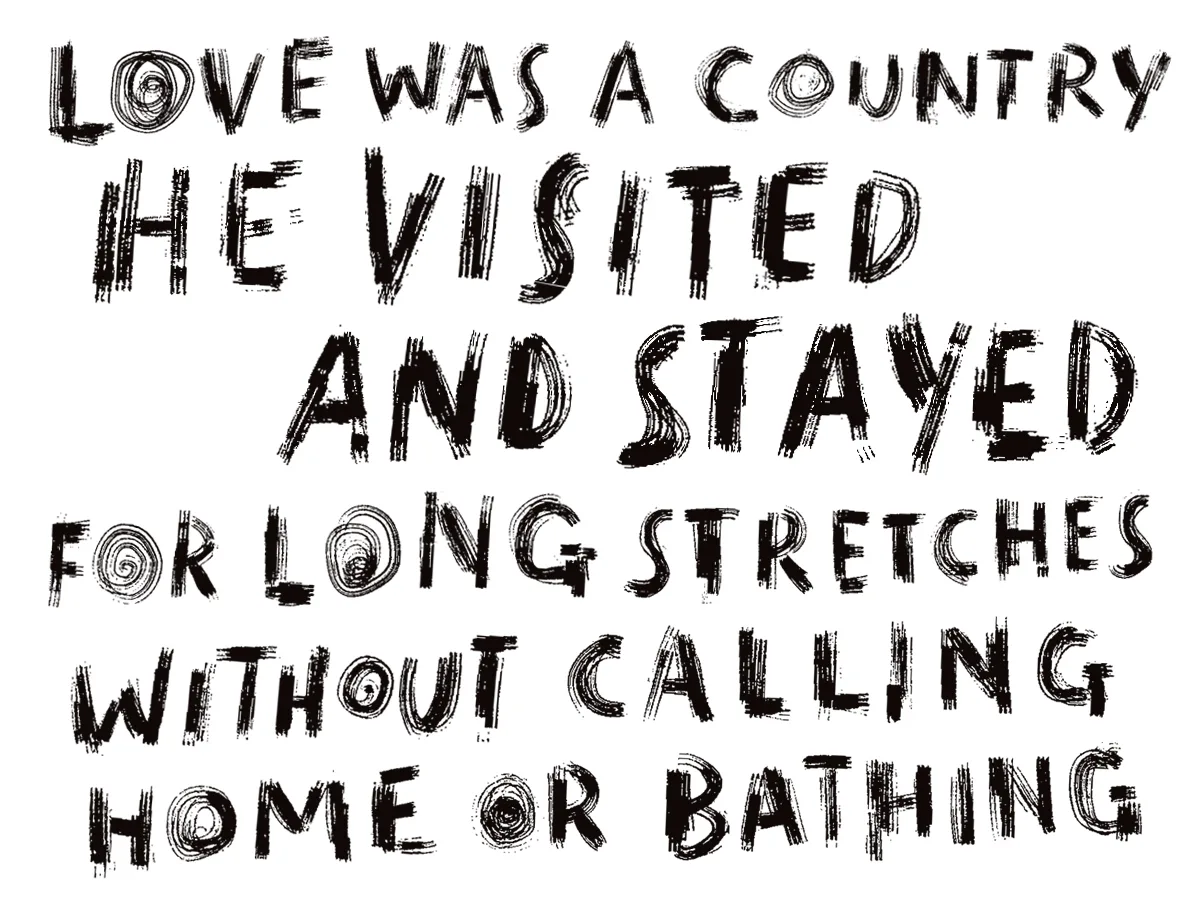
It began as all love affairs do. A lust sticky like peanut butter. They made love everywhere and every moment they could. I shudder about it, but I know it’s true. Even toward the end they were connected by that tendon. After a week of it, he called her family home looking for her and asked her father if he could speak to Maria. You mean Pia? her father said. My father had many women on the docket. He was an American studying medicine in Italy. He wore crisp white shirts and held court at cafes. After that, my mother’s father refused to let her see him.
Two months later she was pregnant with my brother. She was showing. My parents married in a church with almost no guests. There’s only one picture. Her in the white suit with her stomach. Him and the extra skin on his face, from gelato and warm crescioni.
In the moment he remembers while he is in the air, his new bride’s father, throwing open the great bone doors to the church, storming in, dashing down the altar. Grabbing his daughter at the wrist and trying to drag her.
Screaming.
Everyone except my father screams. I can see it clearly through his eyes, as though he is looking down on his own memory like a small god.
Calmly, my father removes his soon to be father-in-law’s hand from my mother’s wrist. He takes her in his arms, with care for the baby growing inside her. He creates a hammock of his body and cocoons her to the side. People’s mouths are open in screams, old ladies and young children and my mother’s father is snarling, but no sound escapes. My father and my mother are protected by a barrier, like my brother inside my mother’s stomach. The three of them hear nothing.
That is all my father sees from the past. As the parabola of his journey comes to an end, he looks into the future.
Emilia, he screams into the air. That is what anyone would have heard, if they had been in the ground or in the air around that highway.
But he isn’t thinking of me as a little girl. He is thinking of me in my own white dress. He hopes I meet a good man to marry. A man like him. He sees me in a church, small and sandy. There are no shoes on my feet and the temperature is hot as I would like it.
That’s the last thing my father thought. This is a lot to think about, but I no longer have the time, it seems.
The man I fell in love with nine days ago is driving a Volkswagen Cabriolet down the Pacific Coast Highway, and I am trailing it like a low-flying angel. The brown mountains on one side, the black ocean on the other. The wind in my bones feels terrific at this speed, but it’s difficult to enjoy it. All I can think, even at the end, is that. My mother was lucky. She was more beautiful than me.

Lisa Taddeo is an author, journalist and two-time recipient of the Pushcart Prize. Her 2019 nonfiction book Three Women became a #1 New York Times and international best seller and is currently being adapted by Showtime as a TV series. Her debut novel, Animal, will be published in June 2021.
If you enjoyed this piece, Lisa recommends you listen to Fetch the Bolt Cutters by Fiona Apple and watch Promising Young Woman by Emerald Fennell. She also suggests you pick up a copy of The Secret Lives of Church Ladies by Deesha Philyaw and Girlhood by Melissa Febos.
Literally is WePresent’s slowly expanding library of written commissions by some of the best writers in the world. The hand-drawn typography on this page was created by Jaya Miceli.
